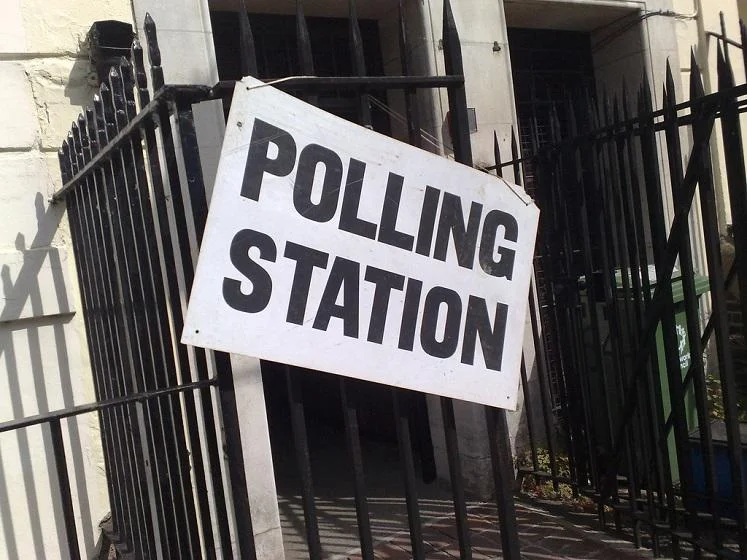The people's choice

What drives our choices when we vote? Are we guided by long-standing, tribal allegiances to a particular party, or do we make rational and informed decisions about the party we support?
New research from Dr Akitaka Matsuo, a Fellow in the Department of Methodology, sheds light on one of the most debated questions in politics. With his research partner Seonghui Lee, Dr Matsuo ran a survey to find out what happens when policies are assessed objectively, separated from party association, so that voters would not view them through the prism of their political allegiance.
Over a thousand voters were surveyed in the week before the 2015 general election, where Ed Miliband’s Labour party was aiming to defeat David Cameron’s Conservatives. UKIP, the anti-EU party, were also enjoying high levels of popular support in the run-up to the vote, but were not expected to gain any seats.
In the survey voters' policy preferences were examined across five policy topics: Britain’s relationship with the EU, employment, the economy, education, and immigration. But rather than replicate the main parties policy manifestos exactly, the researchers created policy packages that were a mixture of policies being offered across different party manifestos.
Dr Matsuo says: "These hypothetical policy packages helped us to identify voters' sincere preferences, within the design of so-called conjoint experiment. We were then able to look at which party they actually voted for in the election, and see how closely their policy preferences were linked to their actual vote."
The analysis revealed a high level of correspondence between voters' underlying policy preferences and their vote choice. Dr Matsuo says: "The results showed that the voting public’s choice of party was, in general, congruent with the policies they selected. In other words, the voters that liked right wing policies tended to vote Conservative or UKIP, while those sympathetic to left of centre policies tended to vote Labour."
Dr Matsuo was also able to highlight the characteristics of how British people vote, as opposed to how people vote in his native Japan. He says: "A similar research project in Japan was carried out by other research groups before their general election in 2014. It tried to understand whether voters actually supported the policies they were voting for, as the winning parties manifesto was found to be deeply unpopular with those who had voted for it."
In Japan, voter preferences did not have the kind of relationship UK voters had with their party. Dr Matsuo says: "The UK political discourse is comparatively well-informed. The tradition of electoral politics in the UK encourages voters to learn about the parties and make informed choices before a general election."
Rather than Britain having a more engaged and politically literate electorate, Dr Matsuo suggests that Japanese politics has a party system which does not encourage voting based on policy.
"In Japan, the Liberal Democratic Party has dominated politics since its foundation in 1955, unlike in the UK where there has been an established two-party system. Voters in Japan do not need to scrutinise the opposing parties’ manifestos in the same way."
The recent political and economic history of the UK may also have forced voters to carefully consider where they stand on major issues. The 2007 financial crisis, and the decade of austerity that followed, has forced voters to choose between the competing Labour and Conservative party visions on economic regulation and public spending levels.
More recently, the 2016 EU referendum, and the febrile atmosphere that surrounds the question of Britain’s relationship with its European neighbours, has meant voters need to decide how closely they want Britain to be integrated to the European Union.
Dr Matsuo says these developments have probably reduced the areas of consensus for voters, and resulted in greater policy division between voters of the two parties. "These issues are highly prominent and Britain’s voters are forced to think about them in ways that perhaps wasn’t demanded of them in the recent past."